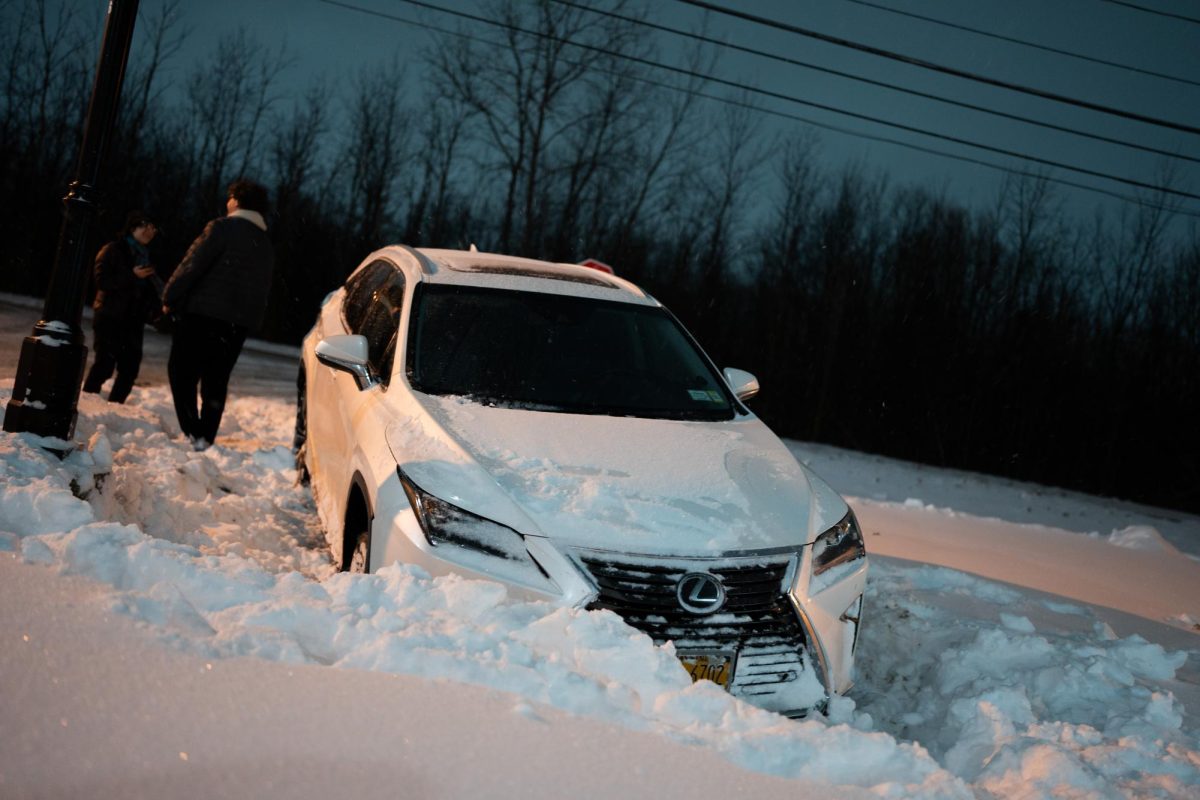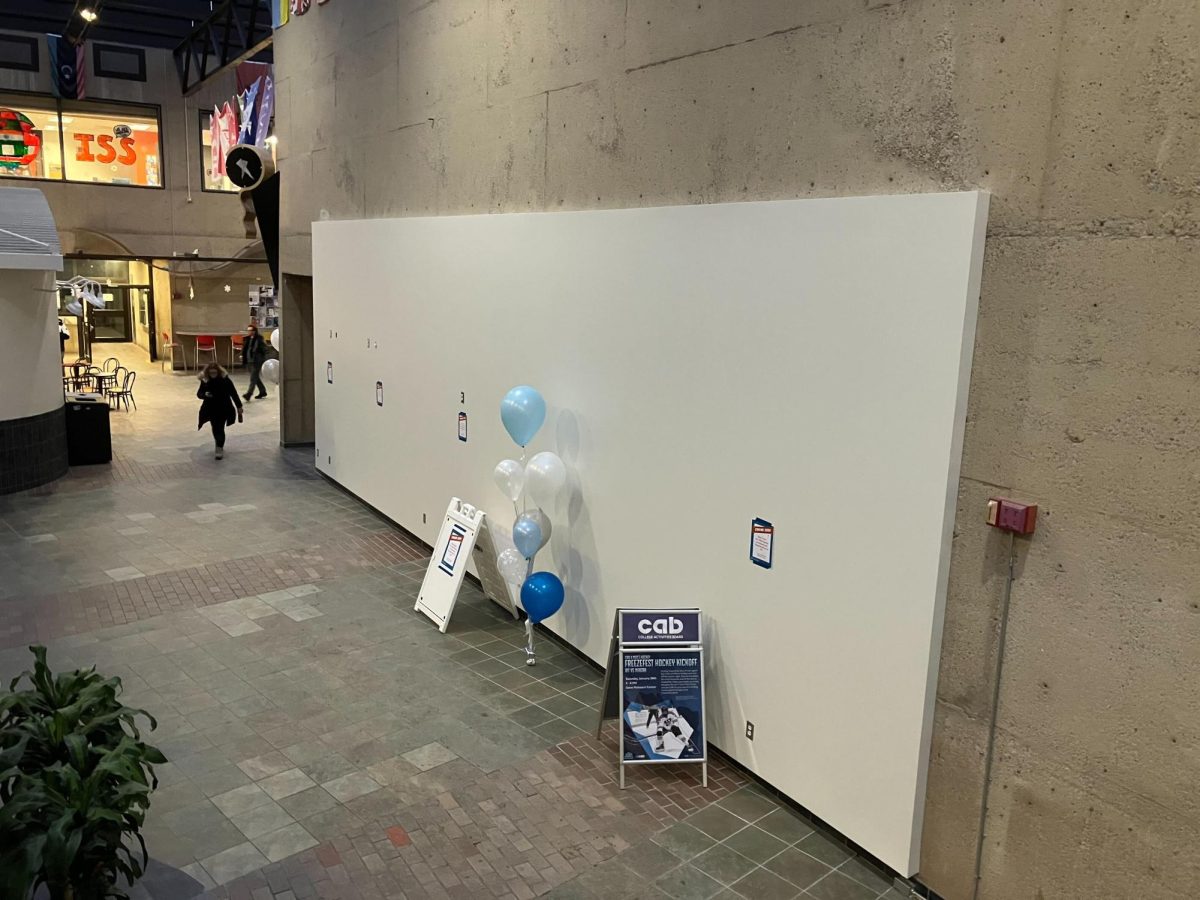The Monroe County Opioid Overdose Dashboard estimates that so far there have been about 1,093 overdoses in Monroe County as of Sept. 9, 2025. In 2023, Johns Hopkins Bloomberg School of Public Health led a survey that found nearly a third of adults know someone who has died from a fatal overdose. While these numbers gradually lessened, opioid addiction and overdosing still are issues that should be taken very seriously, especially in college, when people are more likely to try new experiences like drugs — including marijuana, which can sometimes be (accidentally or purposely) laced with opioids like fentanyl.
Thankfully, Narcan (also known as Naloxone) is a lifesaving medicine that can quickly reverse an overdose. The NIH explains, “It is an opioid antagonist. This means that it attaches to opioid receptors and reverses and blocks the effects of other opioids.” It generally comes in two forms, an injectable solution and, more commonly, a nasal spray.
Often there will be locations that provide Narcan nasal spray for free to those who want to be able to carry it around with them in case of emergency. In Monroe County, you can call 585-753-5300 to request your own naloxone kit, as well as fentanyl or xylazine test strips. Free training for what to do in the event of an overdose is also available in many locations. The RIT Easton Lab Overdose Prevention webpage is a great place to start checking out potential resources.
While experimenting with drugs in college is often considered the norm, it’s still very important to be certain you and your friends are doing so safely. Don’t be afraid to be a stickler for safely — it’s always better to make the party a little awkward in the name of caution than it is to deal with an opioid overdose. And finally, remember the Good Samaritan Law assures legal protection for those who assist an individual experiencing an overdose. This policy is also in place for RIT students, according to Section 2 of D18.1 Alcohol and Other Drugs Policy.









